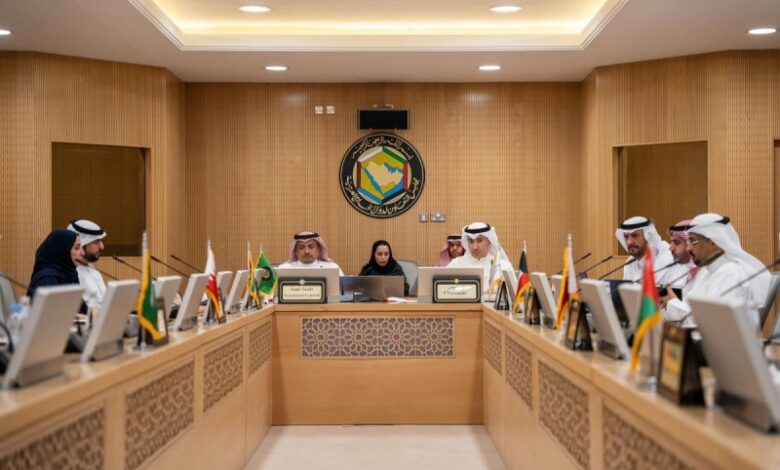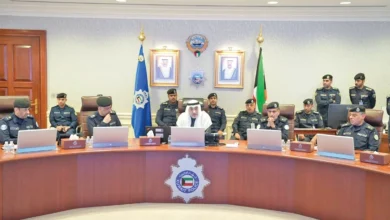
Eng. Mohammed Al-Mutairi, Director of the Capital Governorate Municipality Branch and Chairman of the Building Regulations Committee at Kuwait Municipality, announced that the Gulf Building Code Committee has taken a major step forward in unifying construction standards across the region.
Speaking after the committee’s fourth meeting, held at the GCC General Secretariat headquarters, Al-Mutairi — who also chairs the Gulf Building Code Committee for the current session — described the gathering as a milestone in harmonizing technical and legislative frameworks in the Gulf’s construction sector, reports Al-Rai daily.
A key outcome of the meeting was the adoption of the Saudi Building Code 2024 as the foundational reference for the unified Gulf code, chosen for its technical rigor and alignment with international best practices. Al-Mutairi noted that this move will enhance engineering coordination and improve the quality and safety of construction across GCC member states.
The committee also approved the addition of 13 new technical codes, bringing the total number of approved standards to 29, covering various disciplines in the construction field — a leap forward toward a comprehensive, unified Gulf Building Code.
Among the important decisions discussed were:
- Creation of a Technical Review Committee to evaluate the work of specialized technical teams
Formation of a Technical Committee on Fuel Gas systems - Establishment of an Intellectual Property and Publishing Team, including representatives from the GCC Secretariat, the Standardization Organization,
- The Saudi Building Code Center, to protect technical content and copyrights
Moreover, restructuring plans were proposed for the Technical Construction Committee, dividing it into two focused groups — one for concrete codes, the other for steel codes. The committee also called for a unified organizational structure, a comprehensive governance guide, and clear roles and mechanisms for all subcommittees.
As part of efforts to promote inclusive design, the Architectural Technical Committee was assigned to conduct a comparative study of universal access standards for people of determination across GCC countries — laying the groundwork for a future Gulf-wide accessibility code.
In conclusion, Al-Mutairi emphasized that these developments reflect a shared commitment among Gulf nations to strengthen construction regulations in line with sustainable development goals, public safety, and deeper Gulf integration in one of the region’s most critical sectors.












